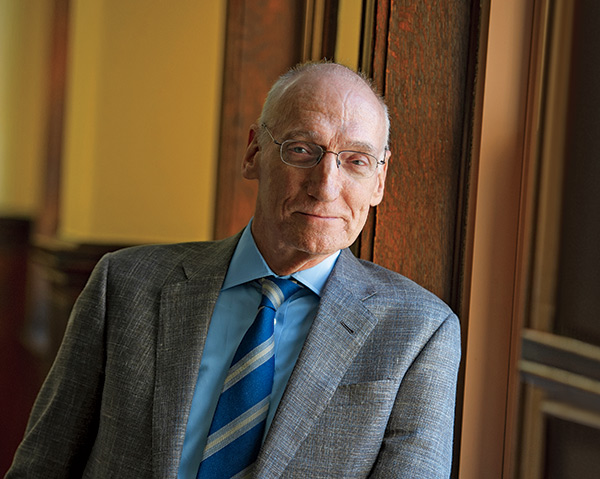In an article for Change: The Magazine for Higher Learning, CCRC Founding Director and Teachers College President Thomas Bailey outlines the tradeoff between degrees and short-term credentials offered to community college students and describes how the colleges themselves may be able to help resolve this conflict. Here is an excerpt of Bailey's article:
Community colleges have long had multiple missions. The first community college was conceived of as a transfer institution: Students would take upper division courses at a four-year college once they had matured and were ready for more advanced studies. Growth of the community college sector took off after World War II when the colleges adopted the important function of educating students to go directly to work after completing a certificate or an associate degree.

TC President Thomas Bailey
But for a variety of reasons, community college roles have shifted over time, and in the last two decades, the transfer mission has grown. Eighty percent of entering community college students say that they want a bachelor’s degree, and trends in earnings data indicate that the desire for a BA makes sense. Yet this increasing focus on the transfer function at community colleges is occurring alongside another divergent trend. While the earnings and enrollment data point to an increasing emphasis on transfer and BAs, politicians and others have decried the notion of “bachelor’s degrees for all.” While the large majority of community college students state that they want bachelor’s degrees, fewer than 15 percent of entering community college students actually complete a bachelor’s degree within six years.
View Journal Article (Subscription May be Required) May 2018